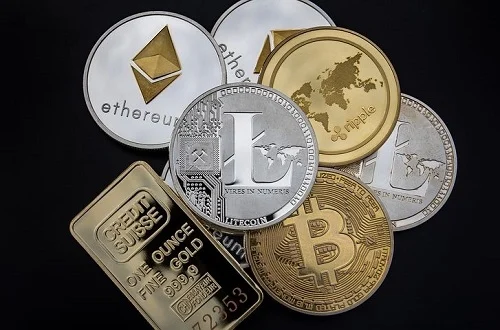2023 ESG Roundtable: Part 4
27th September, 2023|Global Investor

During the fourth segment of the 2023 ESG Roundtable, the discussion centered on the influence of short selling and its intersection with ESG.
The ESG Impact of Short Selling
Global Investor held their inaugural ESG Roundtable in June. It was moderated by Roy Zimmerhansl who led an engaging discussion with the diverse panel on ESG integration in portfolios to regulation to practical implications and much more.
A portion of the 2023 ESG Roundtable is available in the video above. See below for a transcript of the highlights.
Roy Zimmerhansl (RZ): So I think what we want to do now is just have a very brief conversation about short selling, because almost by definition, it’s related to our business. It’s not part of the securities lending business, but of course, impactful on that. Harpreet, I’m wondering if you can just give us an overview of how short selling intersects with ESG.
Harpreet Bains (HB): Sure. I think it’s important to begin by highlight that short selling is a key part of financial markets, and it clearly plays a crucial role in enhancing market efficiency. As part of the ESG dialogue, the sentiment exists among some that selling pressures and price depreciation can hurt the long term ESG performance of companies by way of making it harder for them to raise capital for sustainable initiatives or that short term financial pressures could potentially take management attention away from longer term ESG goals.
Back in 2020, you’ll recall that this was essentially the point that kicked off the industry debate: the compatibility of short selling and long-term stewardship. with, the concern being that short selling was potentially incentivising a focus on short term gains rather than long term value.
ESG integration and lending found itself in that debate because of concerns it was feeding the shorts but I think, it’s as equally important to highlight that short selling is not solely about capitalising on negative market movements. Bringing it back to ESG, it can also encourage positive ESG outcomes when you practice it responsibly and within regulatory boundaries.
An example of support for this statement is the way in which short selling can be used to flush out greenwashing practices and overstated ESG narratives, exposing companies that are making misleading environmental claims or overstating their commitment to sustainability.
A positive effect of this is that it may actually prompt companies to align their actions with their stated ESG commitments ultimately, driving greater accountability and transparency. And or in other words may incentivise companies to improve their overall disclosures and reporting if you think that short sellers are going to be able to identify those inconsistencies and disclose them. In my view, that leads to better informed investment decisions and improves greater accountability.
RZ: Jane as an investment manager, what do you guys do as far as thinking about short selling and how it fits into your selection criteria, your thoughts about the markets, where does it go?
Jane Wadia (JW): Some people definitely have the perception out there that short selling and by association, securities lending that facilitates the short selling, is incompatible with ESG. There is quite a lot of research out there that actually shows that short selling has many benefits, provides liquidity, reduces volatility, helps reduce costs, good price execution and therefore is not necessarily incompatible with some of the elements that we’re looking to achieve.
HB: We all agree that short selling is a key part of financial markets and needs to remain. At the same time, there is the growth of the sustainable agenda and the need to ensure that this too continues successfully along its journey.
I wouldn’t be too surprised if policy makers respond, not too far into the future, with versions of responsible short selling regulations or guidelines, aimed at striking the right balance between market efficiency, whilst considering long term sustainability and ESG performance of companies.


